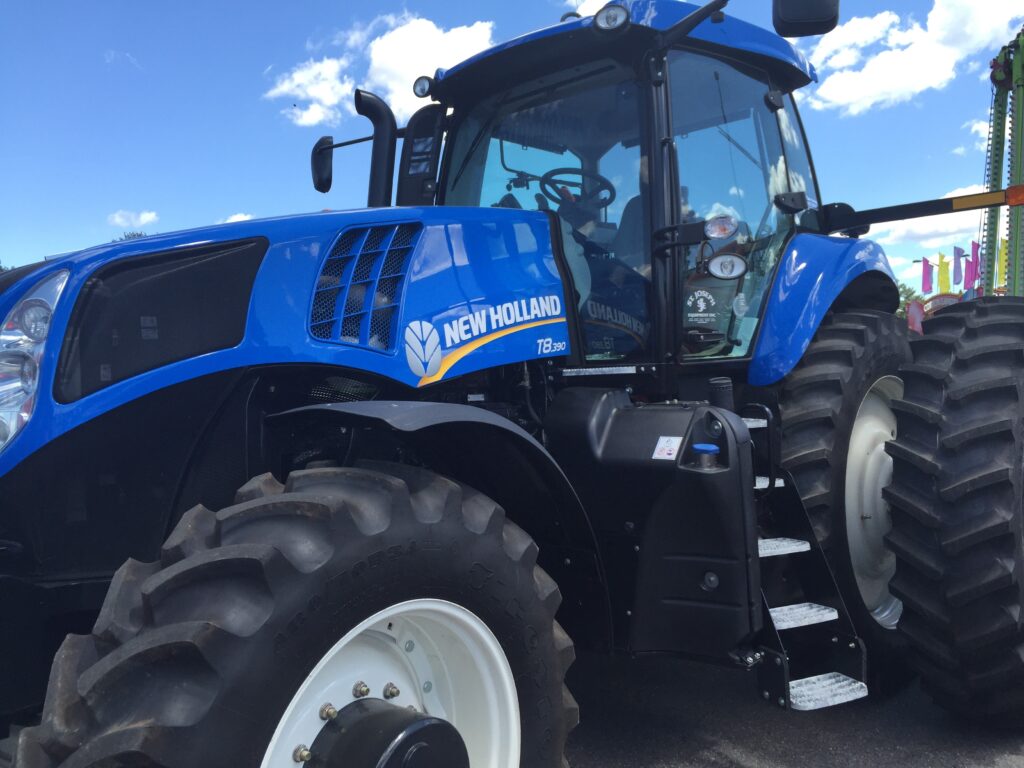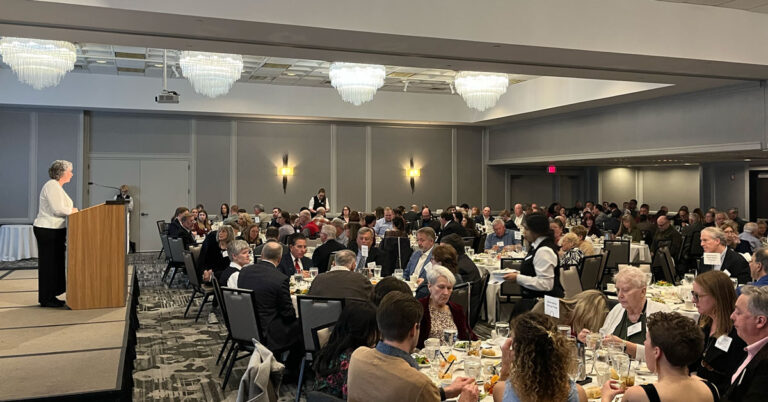Back Home by Chris Hardie
- Download column
- Download the photos that accompany this story
- Chris Hardie’s headshot

Our recent observance of July 4 had me pondering about the state of freedom in our country.
July 4, 1776 was the birth of American independence when the formal adoption of the Declaration of Independence put into words the concepts of democracy and became the foundation of our freedom.
Surprisingly, the word freedom is not even mentioned in the Declaration of Independence, but could certainly capture the essence of this famous sentence in the preamble:
“We hold these truths to be self-evident; that all men are created equal; that they are endowed by their Creator with certain inalienable rights; that among these are life, liberty and the pursuit of happiness; that to secure these rights, governments are instituted among men, deriving their just powers from the consent of the governed.”
What is freedom? One definition is “the quality or state of being free; the absence of necessity, coercion, or constraint in choice or action.”
The freedoms defined in the Bill of Rights – the first 10 amendments to the Constitution – are our freedom of speech, freedom of religion, freedom of assembly, freedom to petition and the freedom to keep and bear arms.
Recent court rulings on abortion and pollution standards have certainly put the concepts of freedom at the forefront of the national discussion. Pure and absolute freedom does not exist in a nation governed by laws.
President Dwight Eisenhower captured this idea when he said: “The general limits of your freedom are merely these: that you do not trespass upon the equal rights of others.”
But how do we define those equal rights?
For many farmers, those rights should include the right to repair their own equipment. One attribute of nearly all farmers is their innate ability to fix things. It’s ingrained into farmers as much as the dirt that runs through their veins. Breakdowns — particularly at the most untimely moments — were and are a part of farming.
When a new piece of farm equipment breaks down, major implement dealers have been requiring customers to call a dealership to send a service truck to the farm to identify the problem. The repair may even require a special tool only used by the dealerships.
The service call may not be available right away and can cost $150 or more per hour, costing farmers both time and money. And when crops are ready to be harvested, time is money on the farm.
This has resulted in “Right to Repair” legislation being introduced in many agriculture states and even at the federal level. Sen. Jon Tester, D-MT, has introduced the Agricultural Right to Repair Act that would guarantee farmers the right to repair their own equipment and end restrictions on the repair market.
But legislation is getting strong resistance from large businesses and has not gained traction.
President Joe Biden issued an executive order last July directing the Federal Trade Commission to make rules that will limit manufacturers’ ability to restrict independent repairs of their products. Earlier this year farm organizations and consumer groups filed a complaint with the FTC aimed at forcing Deere & Co. – the largest farm equipment supplier in the U.S. – to provide access to software, parts and manuals.
Deere has not commented on the complaint, but the Association of Equipment Manufacturers – a trade group representing the agricultural and construction industries – says it supports farmers rights to maintain, diagnose and repair their equipment and is trying to find a solution.
Fixing equipment is one small piece of the big world of freedom, which enfolds a larger range of issues that impact many more people. That’s the messy part of a democracy. My definition of freedom may not match your definition. Lawsuits and legal challenges are necessary evil as we continue to watch freedom evolve.
But perhaps we can also listen to the words of Abraham Lincoln – who knew a little something about freedom – and remember:
“Those who deny freedom to others, deserve it not for themselves.”
Chris Hardie spent more than 30 years as a reporter, editor



